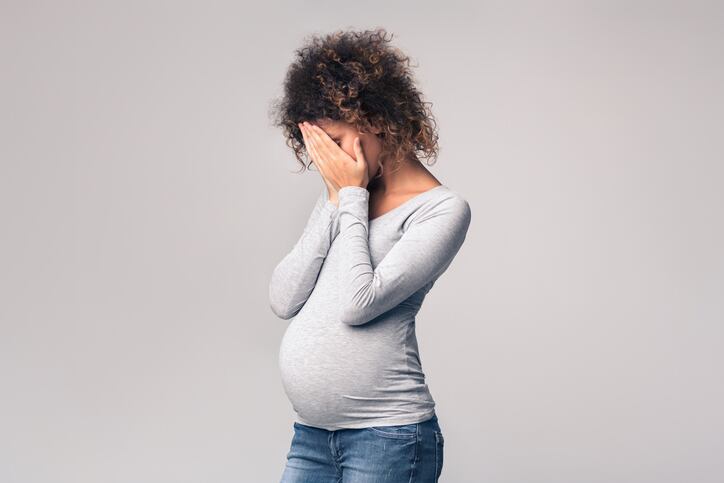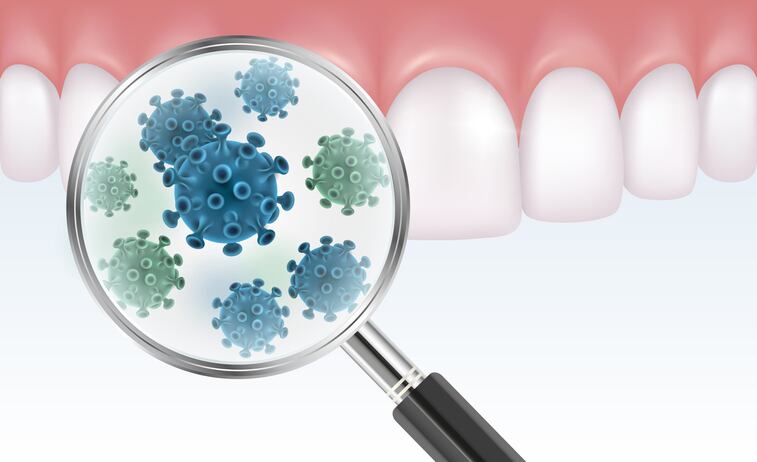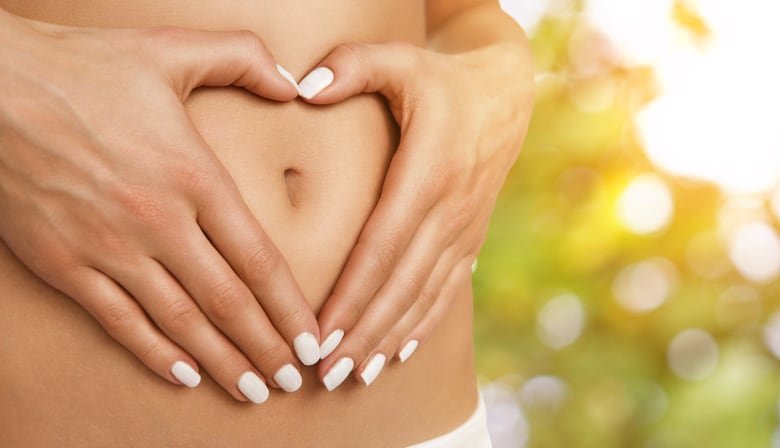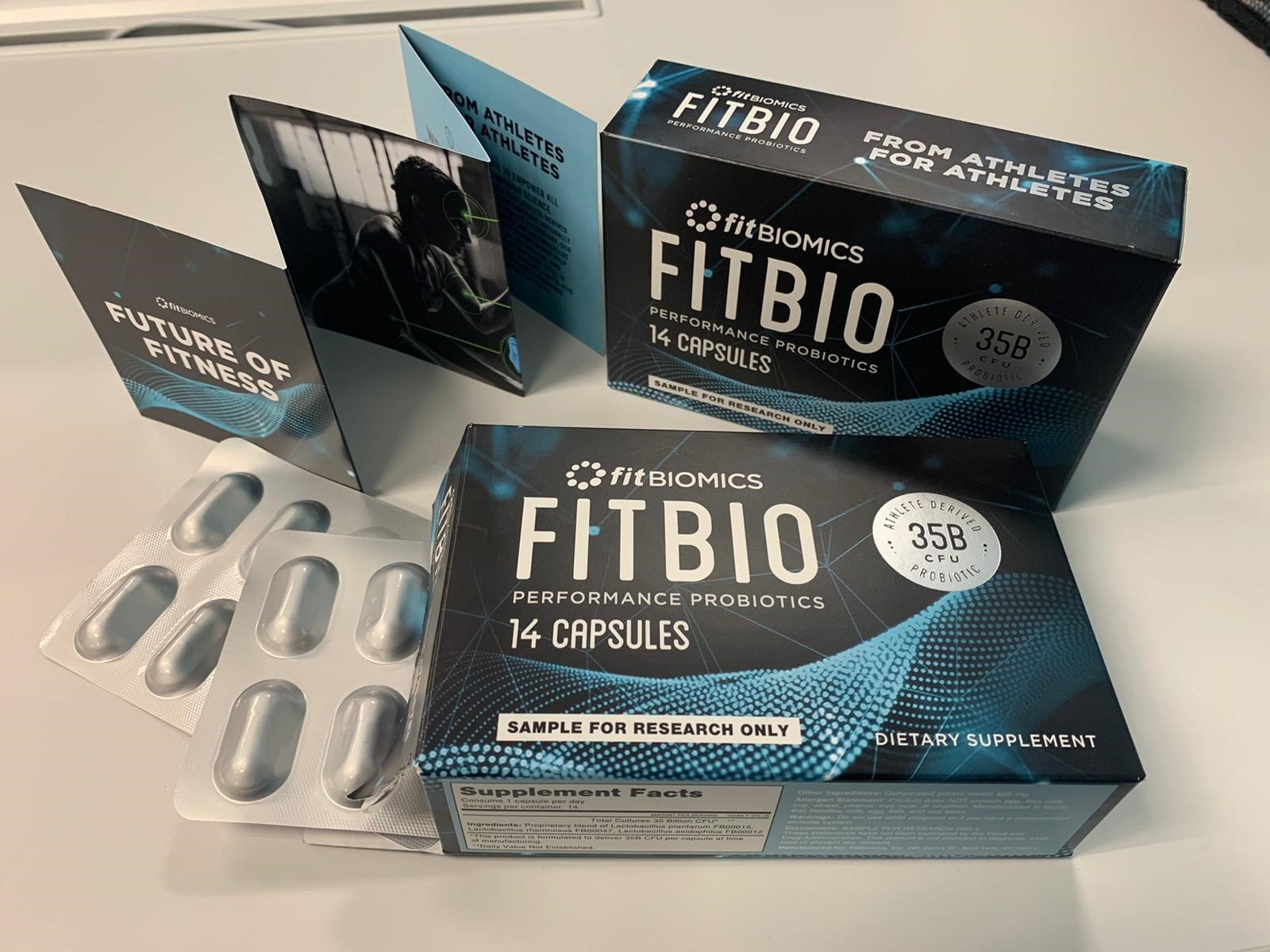New research, published in the journal Psychoneuroendocrinology, helps paint a picture of how prenatal stress can be associated with infant growth and development.
According to research from the University of Turku, Finland, mothers who experience chronic prenatal psychological stress as measured by elevated hair cortisol concentrations give birth to infants with altered gut microbiomes.
The study is part of the FinnBrain research project and its gut-brain axis sub-project. The sub-project led by Docent, Child and Adolescent Psychiatrist Linnea Karlsson examined how prenatal stress affects infant microbiota development and how infant gut microbes affect later brain development.
The FinnBrain research project studies the combined influence of environmental and genetic factors on the development of children. Over 4,000 families participate in the research project and they are followed from infancy long into adulthood.
The study
The study involved three parts: maternal questionnaires, hair cortisol concentration assessments, and infant fecal sample collection/analysis.
Over several months, hair was analyzed to measure the stress hormone cortisol. Using questionnaires, the symptoms of 398 mothers were assessed three times during pregnancy. Additionally, infant gut microbiota was analyzed at the age of 2.5 months with next generation sequencing.
Findings
“Our results suggest that higher levels of prenatal cortisol exposure are related to decreased abundances of potentially health promoting bacteria such as Lactobacillus. On the other hand, maternal chronic prenatal psychological distress is associated with increased abundances of potentially opportunistic gram-negative genera within the Proteobacteria phylum,” observed the authors. They went on to say that their findings corroborate some results from previous animal models and human studies.
"We were able to show that maternal chronic psychological distress and elevated hair cortisol concentrations during pregnancy are associated with infant gut microbiota composition, but not diversity," said researcher Anna Aatsinki, a PhD candidate.
While prenatal stress can be associated with infant growth and development, the mechanisms underlying this association are not yet fully understood.
The Finnish study was by far the largest of its type yet conducted. There have been two smaller scale human studies looking at the stressed mother--infant microbiome relationship, with other studies having been done in animals.
Highlights
"We discovered, for instance, that mother's chronic prenatal psychological distress was linked to increased abundances of Proteobacteria genera in infant microbiota. In addition, chronic psychological symptoms were connected to decreased abundances of Akkermansia genera which is considered to promote health, at least in adults," said Aatsinki.
Proteobacteria also contain species that can cause inflammation in the body and can also be associated with the child's disease risk later in life.
Aatsinki added that interestingly, low cortisol concentrations were associated with increased abundances of health-promoting Lactobacillus in infant gut microbiota.
The report noted that the findings endorse the need to evaluate the longitudinal development of infant microbiota and developmental outcomes as well as the maternal factors like diet and medication in future studies.
"Our study does not explain the cause-effect relationship, or whether prenatal psychological stress is linked to differences in microbial metabolic products or e.g. in immune system function. In other words, important questions still need to be answered," said Aatsinki.
The data adds to existing research involving both animals and humans. This current study, consisting of 399 mothers and their infants, is the largest in the world so far.
Source: Psychoneuroendocrinology
(2020). DOI: 10.1016/j.psyneuen.2020.104754
"Maternal prenatal psychological distress and hair cortisol levels associate with infant fecal microbiota composition at 2.5 months of age"
Authors: A. Aatsinki et al.




